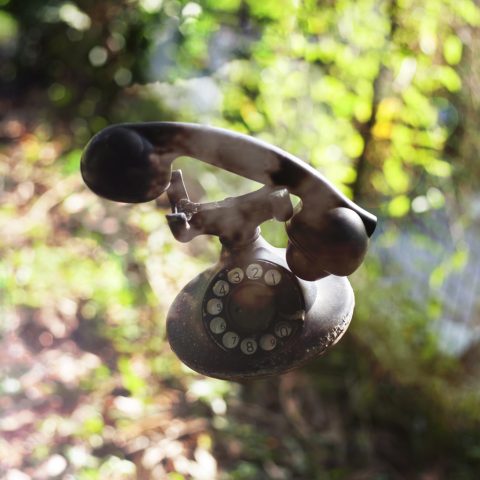How did this story begin? What was the original seed or idea that it grew out of?
This story began simply as an exercise in describing the moon in an unusual way which resulted in the first three sentences of the story. The rest of the story grew from there.
I love the use of the graphs as Carl tries to figure out how these wishes work. It’s so logical in the face of the illogical. Do you often use graphical elements in your work?
I felt that charting and graphing would be something that Carl would have been exposed to in school and that he might be inclined to try to apply them to his life. I’ve never used a graph in my writing before.
Aside from writing fiction, you also are a playwright. What do you like about the playwriting genre that you can’t do in fiction, or vice versa?
While I enjoy both immensely, they are vastly different. In fiction I get to play with descriptions, simile and metaphor. In a play you pretty much have to let dialogue do most of the descriptive work for you. There is still the wordplay, but I feel compelled to make my dialogue realistic, so funky descriptions like “cheddary weight” or the moon bending “the horizon like an overweight tightrope walker” are not particularly practical. I think plays are more restricted by form, also—I think fiction lends itself more to experimentation.
Also, I love seeing the process of a director and actors taking my words from the page to the stage—it’s a thrill.
It seems really fitting that Carl should discover his power at the age of 13, the beginning of adolescence, which is such a confusing time of discovery and boundary pushing already. However, by the end of the story, Carl seems to have resigned himself to “the middle zone.”
I agree. I think that Carl has learned the capriciousness of his wishing power through experimentation, and has accepted that even magical power can be limited.
The wishes Carl makes, while seemingly innocent, do take on a darker, more sinister tone that reminded me of the high stakes of fairy tales—one child ends up having a stroke and losing the use of his arm and an anole ends up dead. Was there a kind of balance you played with between the wishes and the cost of those wishes?
I wouldn’t have said “balance,” but I did want to show the randomness of the wish results—the simple pleasure of the warm-nickel wish, the vicious result of the wish about his tormentor—as well as juxtapose those extremes for comic effect. As far as the anole goes, I just think kids are forgetful and their small pets sometimes die funny deaths.
If you could make a wish like Carl, one that’s rather unimportant but still unlikely and therefore, likely to come true, what would your wish be?
I can only think of big wishes. Perhaps investing thought and wishes on small unimportant matters is only a childhood activity; I don’t know. I wish I knew—there it is!



 The SmokeLong Grand Micro Contest (The Mikey) is now an annual competition celebrating and compensating the best micro fiction and nonfiction online.
The SmokeLong Grand Micro Contest (The Mikey) is now an annual competition celebrating and compensating the best micro fiction and nonfiction online.